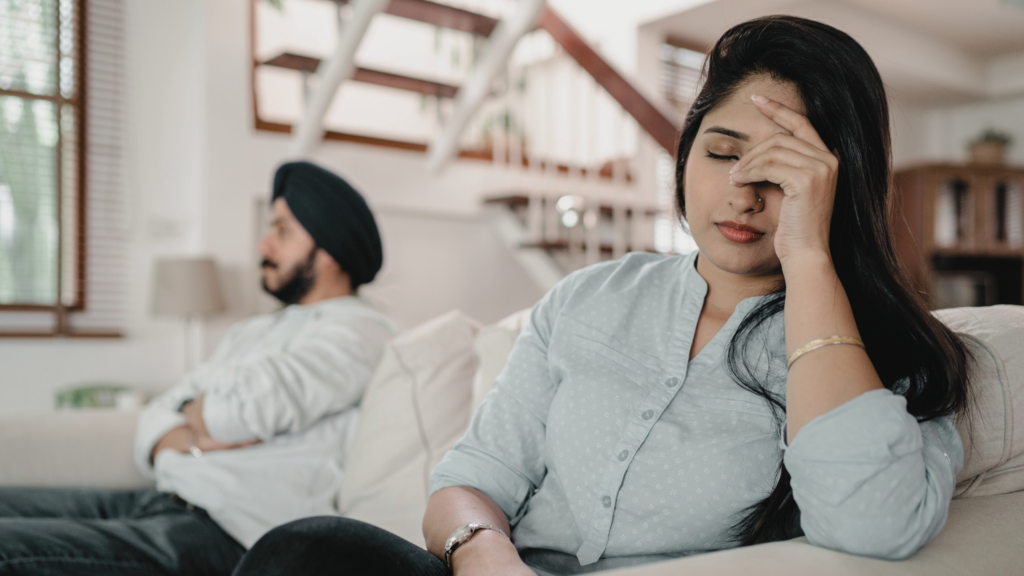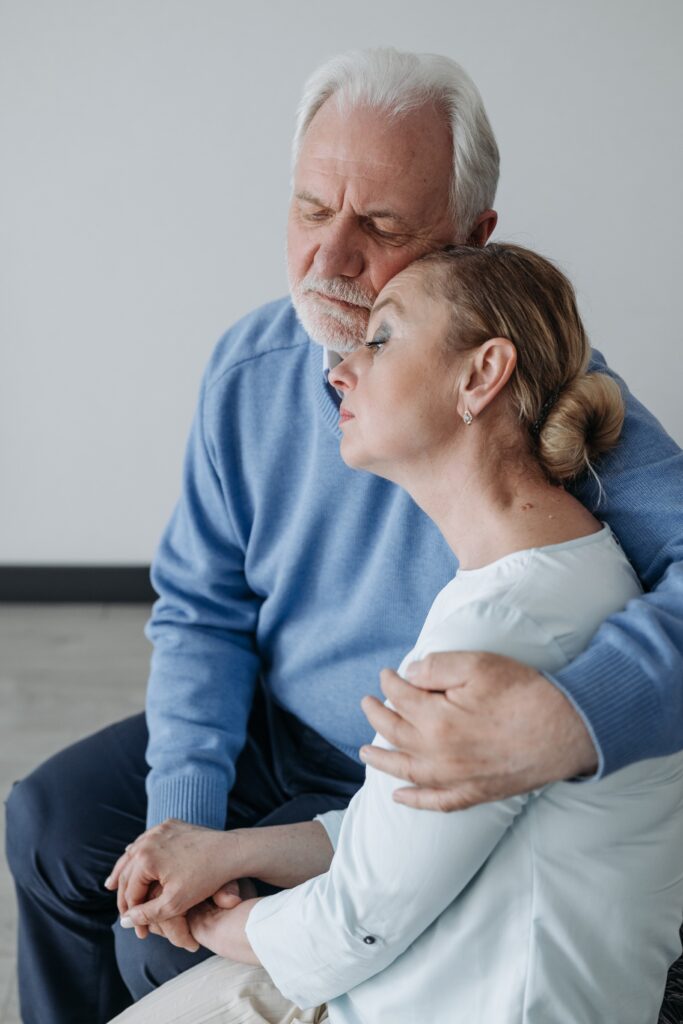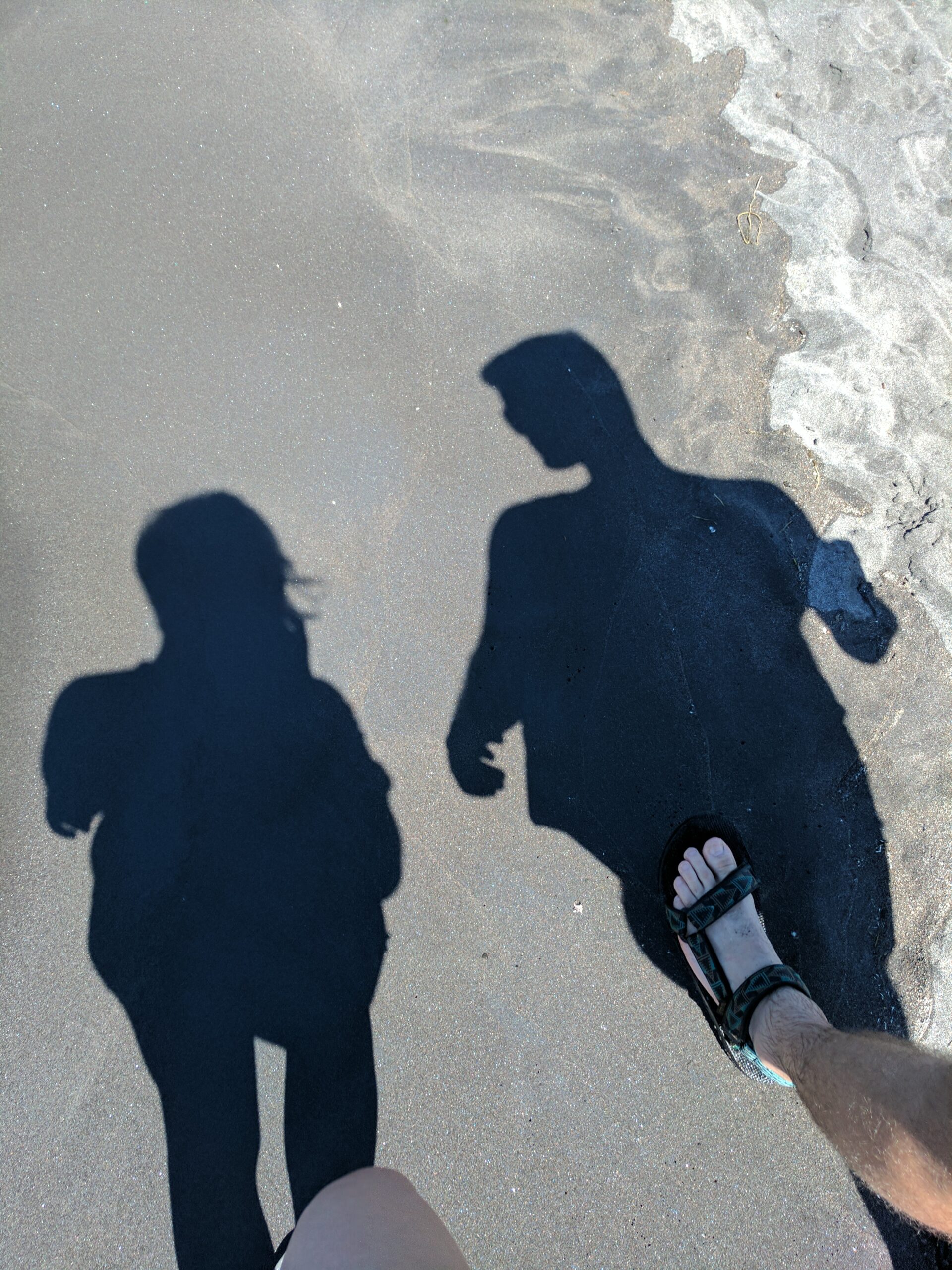Did you know? Desire issues are the most common concern I see in my practice.
So I wanted to take some time to address it! As a refresher, sexual desire is the psychological process of wanting sex and it can be impacted by many things. If you missed my explanation on this, check out this article on defining our terms.

If you would define yourself or someone you love as having a lack of desire, it’s useful to consider the following factors.
I’ll follow each one up with ways you can address that potential pitfall.
Stressed? There’s Your Trouble
How does feeling stressed contribute to a lack of desire? Let me count the ways…

The most concise answer I can give you is that stress and chronic stress (like looming deadlines at work, drama with family members, or an abrupt change in your life that has many ramifications) cause our bodies to produce adrenaline and cortisol. The simple version is that when our bodies are producing these chemicals (more specifically cortisol) we have less resources to produce testosterone*, which is a contributing hormone (for both men and women) to their desire for sex.
I don’t want to alarm you, but the majority of people in America qualify as having chronic stress.
So consider that if you’re having trouble feeling in the mood, this is the likely culprit.
What can you do to reduce your stress? I bet you can guess what I’m about to say next… that’s right, be sure to exercise, sleep, eat right and do things that relax you. All of these things help to balance out your hormones, reset your body and mind, and they give you the space to even think about engaging in sex.
Challenge your assumptions about when desire needs to happen
I continue to be surprised at how many people think “sex needs to happen naturally”.
Because according to leading expert on women’s desire, Rosemary Basson, desire can happen at any time in a sexual experience (because it’s different from being physically prepared for sex).**
Due to the fact that you can be aroused by, but not desirous of, sex it could be helpful to ask some follow-up questions to check your level of desire, “When I find myself in a sexual situation do I still find myself not wanting to have sex? Is sex rarely pleasurable or exciting for me?”

If the answer is no to either of those, it sounds like you’re experiencing desire, just not right out the gate.
Here’s the thing: that’s totally normal!
I’ll talk about that in another post. But it’s worth considering that if you enjoy sex when you get into it, you don’t lack desire. Rather, people are telling you you do because it happens after you get into it.
Give yourself permission to explore erotic materials, thoughts & fantasies
I’m going to imagine that if you experience attraction to people, you’ve got some ideas about what turns you on. From certain features on a person, to activities, positions, sensations, etc. you’ve got certain sexual cues that are going to rev your engine.
But if you’ve never thought about what turns you on, it’s going to be a lot harder to get what you need from your partner(s) or from a sexual experience.
When you don’t have clear ideas about what’s going to make sex pleasurable, you’re less likely to get those things.
Which means sex could feel empty and unfulfilling to you. Which means you’re going to be way less excited to have sex.
Consider this your official permission slip to figure out what turns you on.
Masturbate, experiment with new positions or watch pornography with your partner(s)- who knows it might bring you closer together!
If you take the time to know what you need and you actively express that to your partner, not only is sex going to be hotter and more appealing to you, you might find yourself wanting to have sex more often.

For some, addressing desire in their relationship is as easy as getting the right information. But I know for others, the issue of high-desire/ low-desire has a lot of hurt feelings and painful messages around it. In addition, desire can often be affected by how we feel about ourselves and how safe it is to go to our partners with our concerns.
If you feel it would be harder to address a lack of desire with your partner because of those reasons, I would consider seeing a sex therapist to help you navigate this murky issue.
Be sure to take a look at these posts, Arousal & Desire: Defining Our Terms and Addressing a Lack of Arousal

*Cumming D., Quigley M. & Yen S. (1983). Acute suppression of circulating testosterone levels by cortisol in men. Journal of Clinical Endocrinology and Metabolism, 57, 671-673.
**Basson, R. (2001). Human sex-response cycles. Journal of Sex & Marital Therapy, 27, 33-43.



